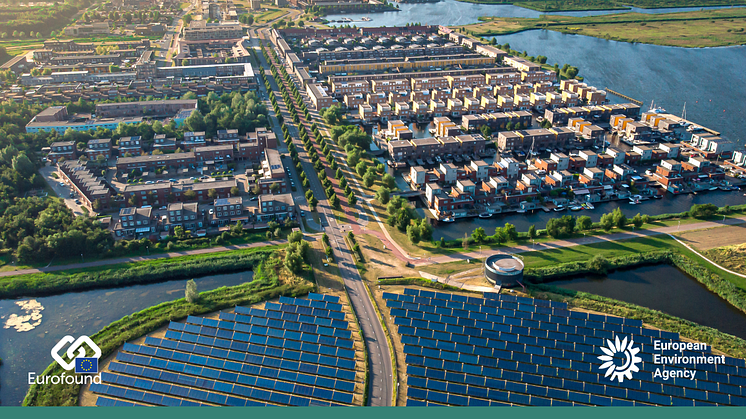
News -
Rising temperatures pose serious risks to workers’ health
According to new data from Copernicus, the Earth observation component of the European Union’s space programme, and the World Meteorological Organization, July 2023 is set to be the hottest month on record. Extreme temperatures in southern Europe have impacted workers’ health and resulted in industrial action in some EU Member States. Eurofound’s research shows that, already in 2015, 23% of workers in the EU were exposed to high temperatures during at least a quarter of their working time.
On national level, in 2015, workers in Romania (41%), Spain (36%) and Greece (34%) were most affected. The prevalence of high temperatures was, and continues to be, higher among agriculture workers and construction workers: 51% and 45%, respectively, were exposed to high temperatures at least a quarter of the time.
Overall, due to gender segregation in the labour market, exposure to high temperatures is an issue that affects more men than women.
This 2015 data was collected as part of the European Working Conditions Survey, 44,000 workers were interviewed across 35 countries. Explore the data here.
Jorge Cabrita, Eurofound Research Manager, noted the significant proportion of workers exposed to high temperatures in the context of the summer heatwave across Europe, 'This data showed that, already in 2015, there was a large proportion of the workforce exposed to high temperatures. Given that prolonged periods of exposure to extreme heat can have severe adverse effects on workers’ health, the increases in average temperatures in Europe since then have only made the situation more challenging. Policymakers, employers and, ultimately, individual workers must put in place relevant and practical measures to reduce heat stress and safeguard human health.'
More information:
- Overview report: Sixth European Working Conditions Survey
- European Working Conditions Telephone Survey Report: Working conditions in the time of COVID-19: Implications for the future
- Data visualisation: European Working Conditions Survey
- Forthcoming report: Green, clean and keen to converge? A convergence analysis of environmental quality of life in the EU






